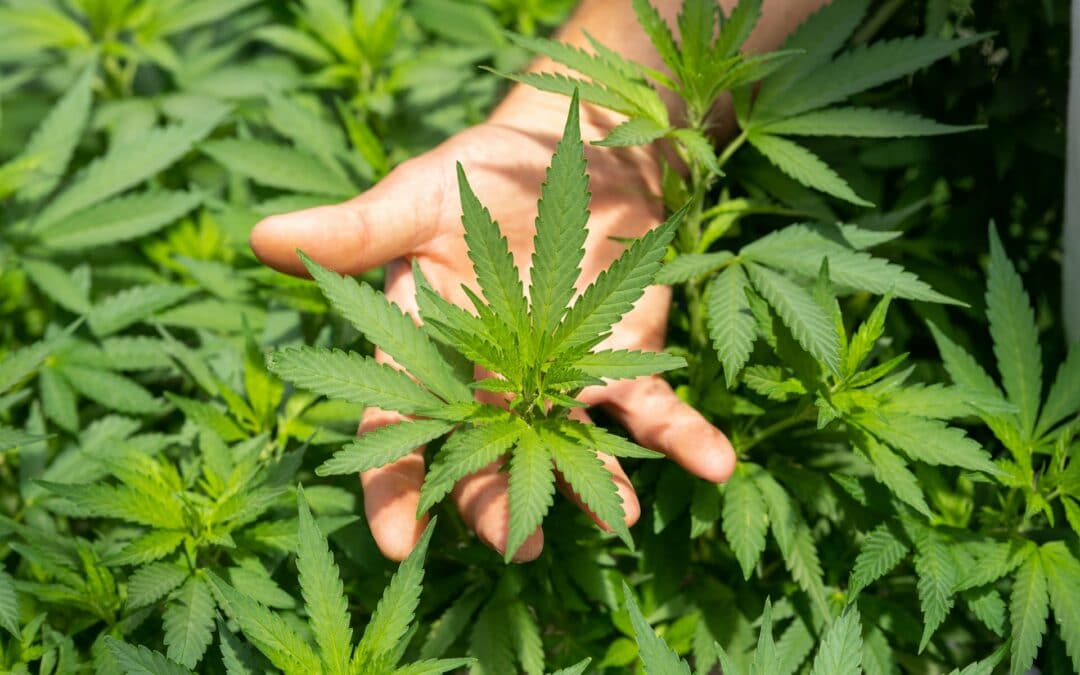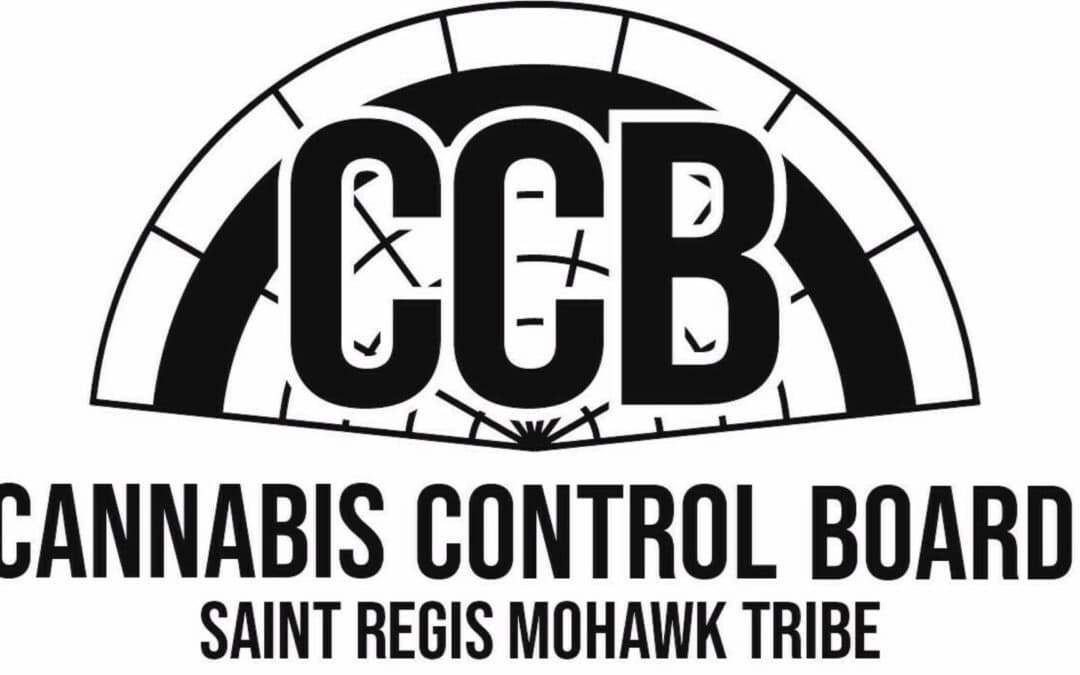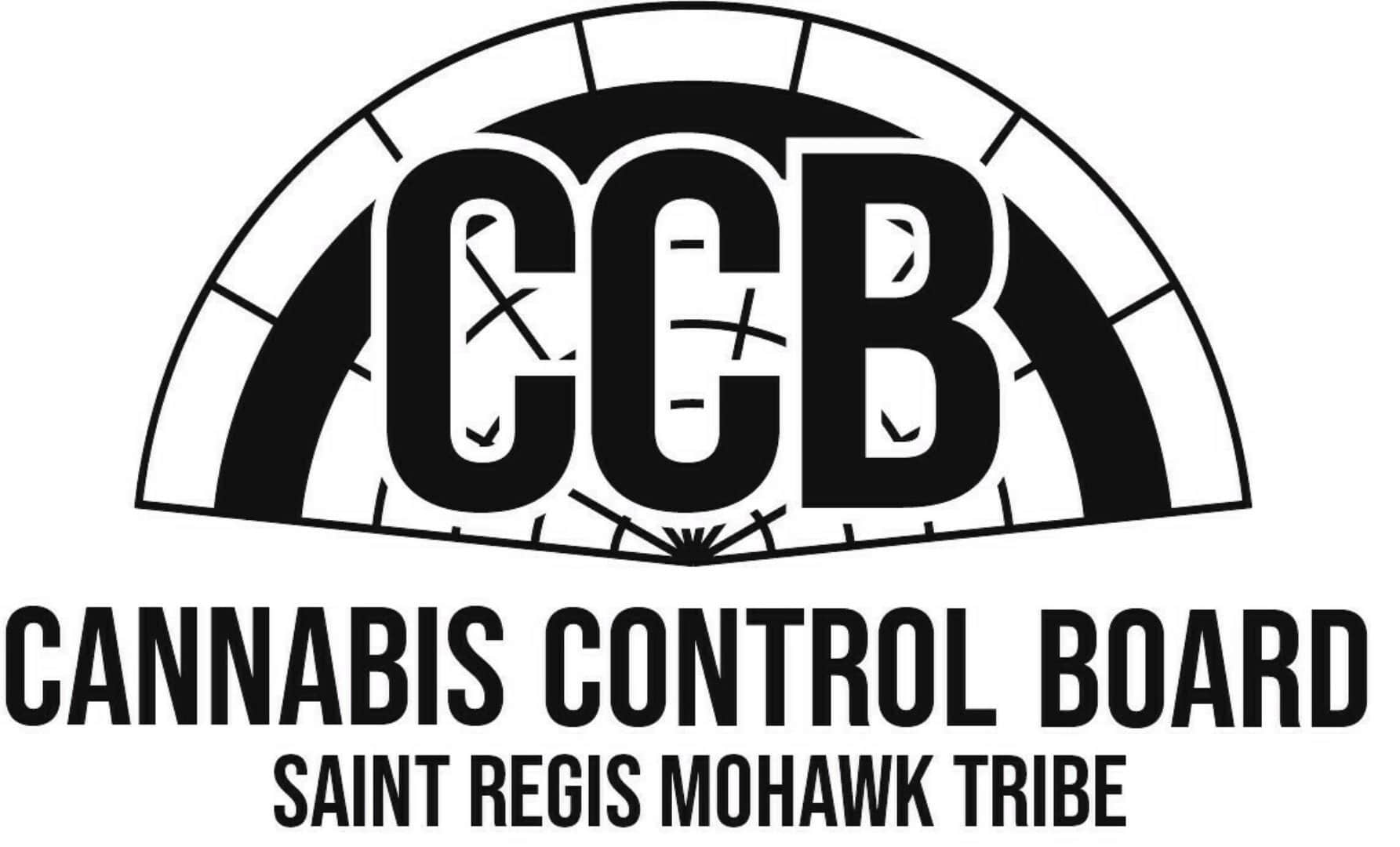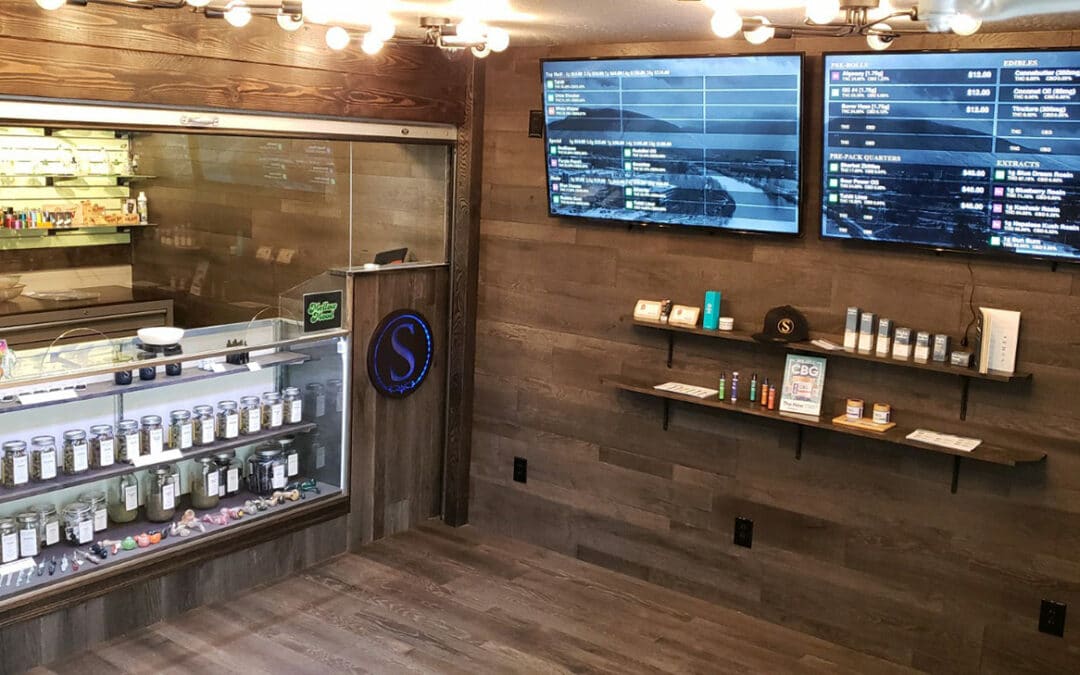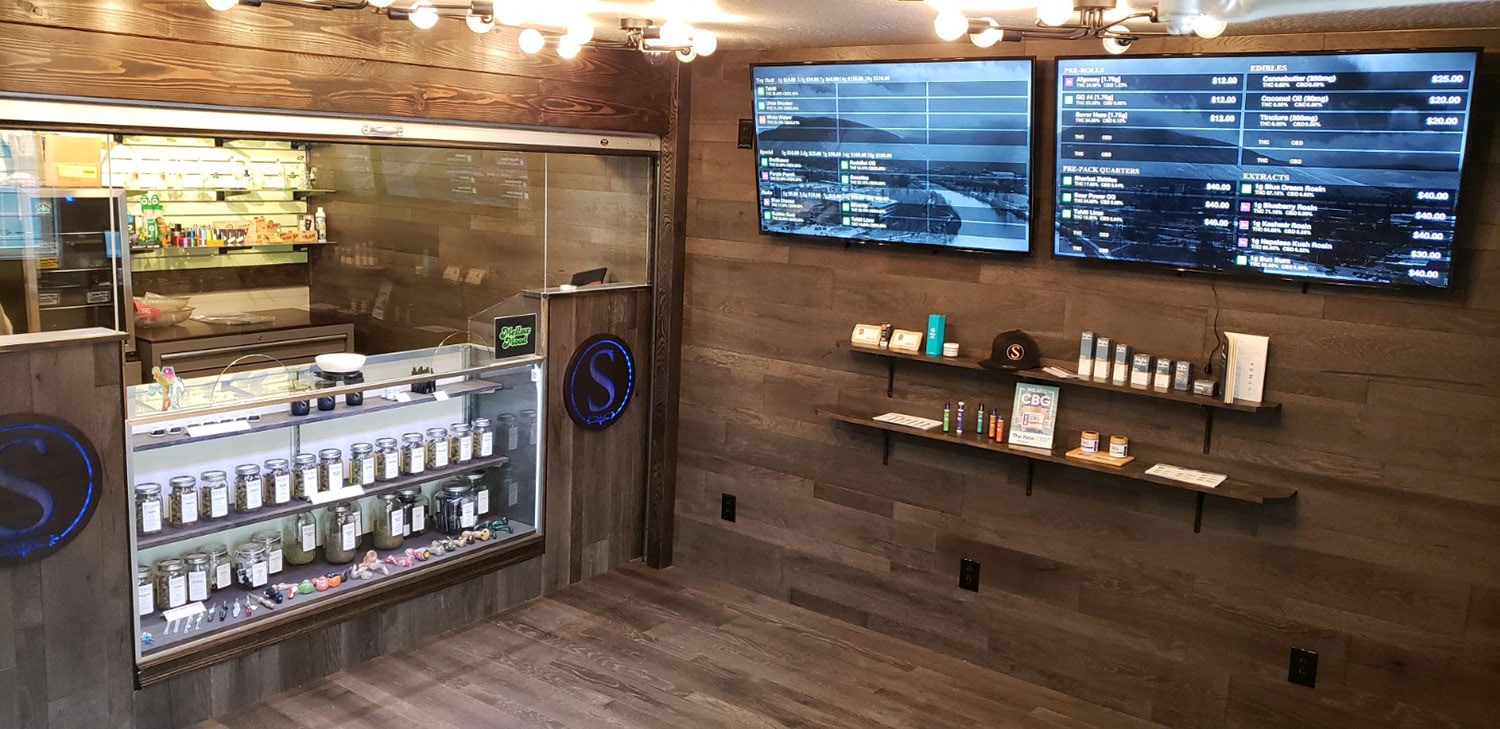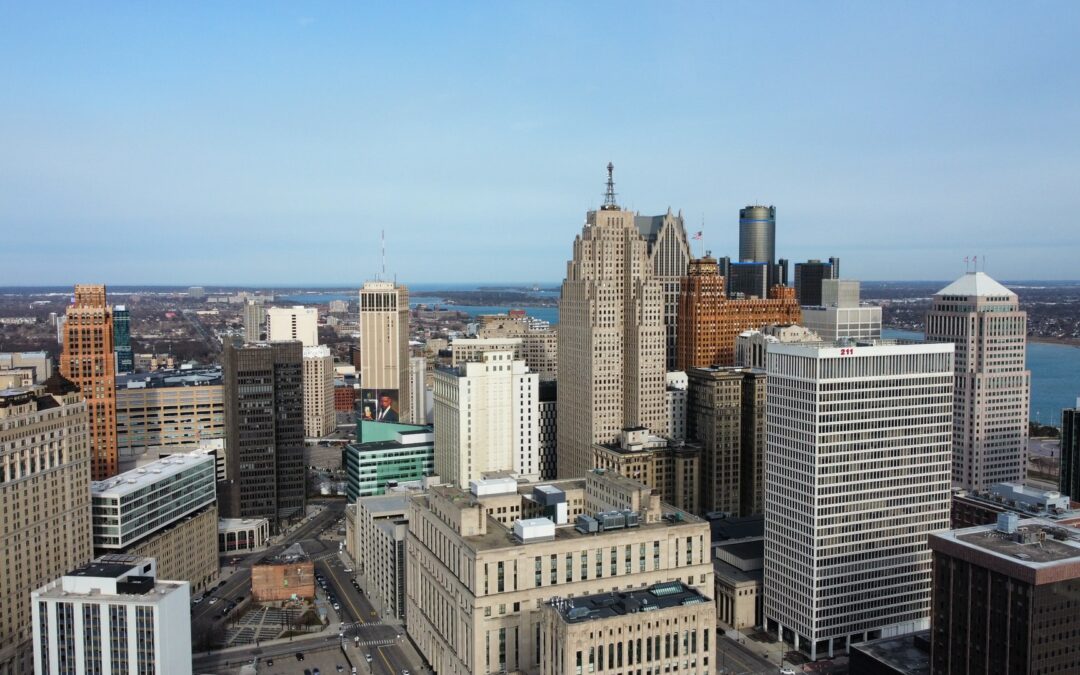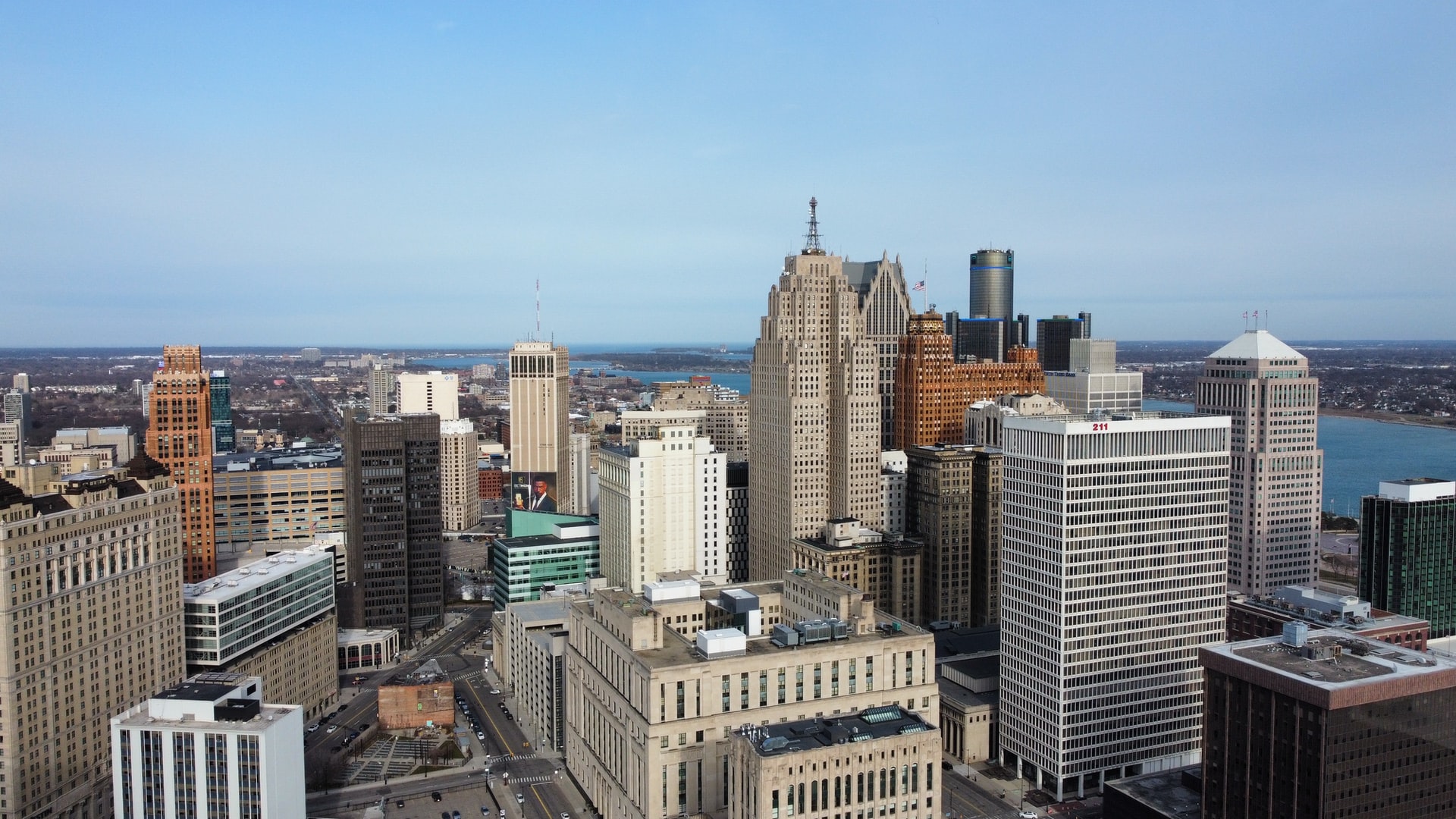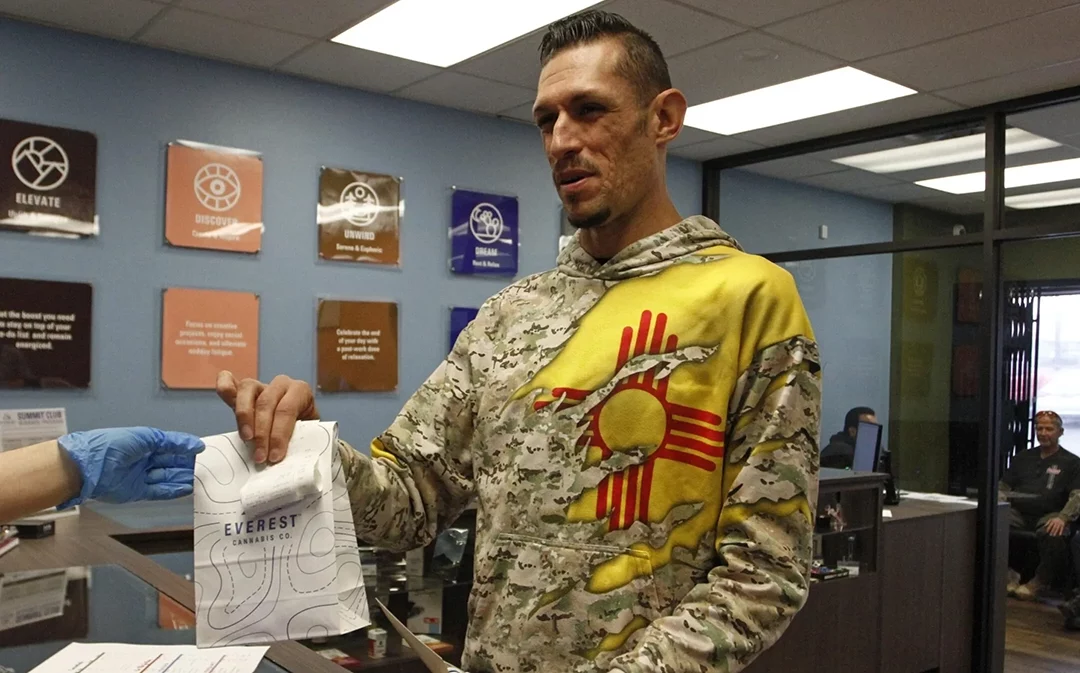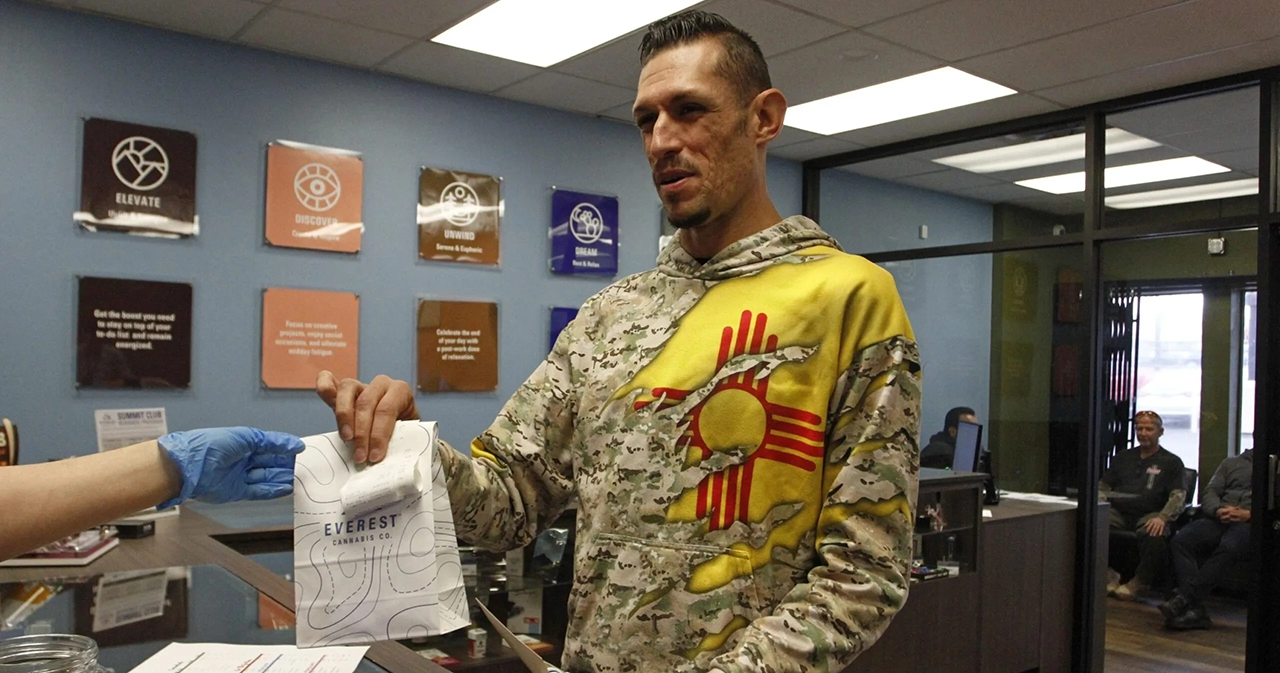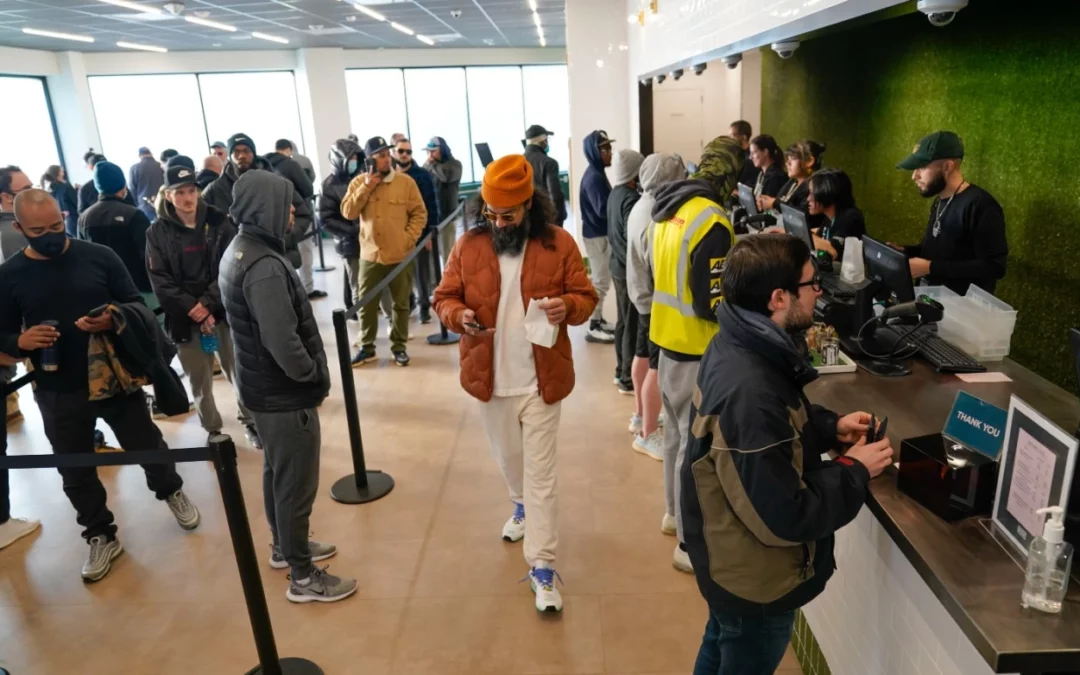
New Jersey recreational cannabis sales finally begin
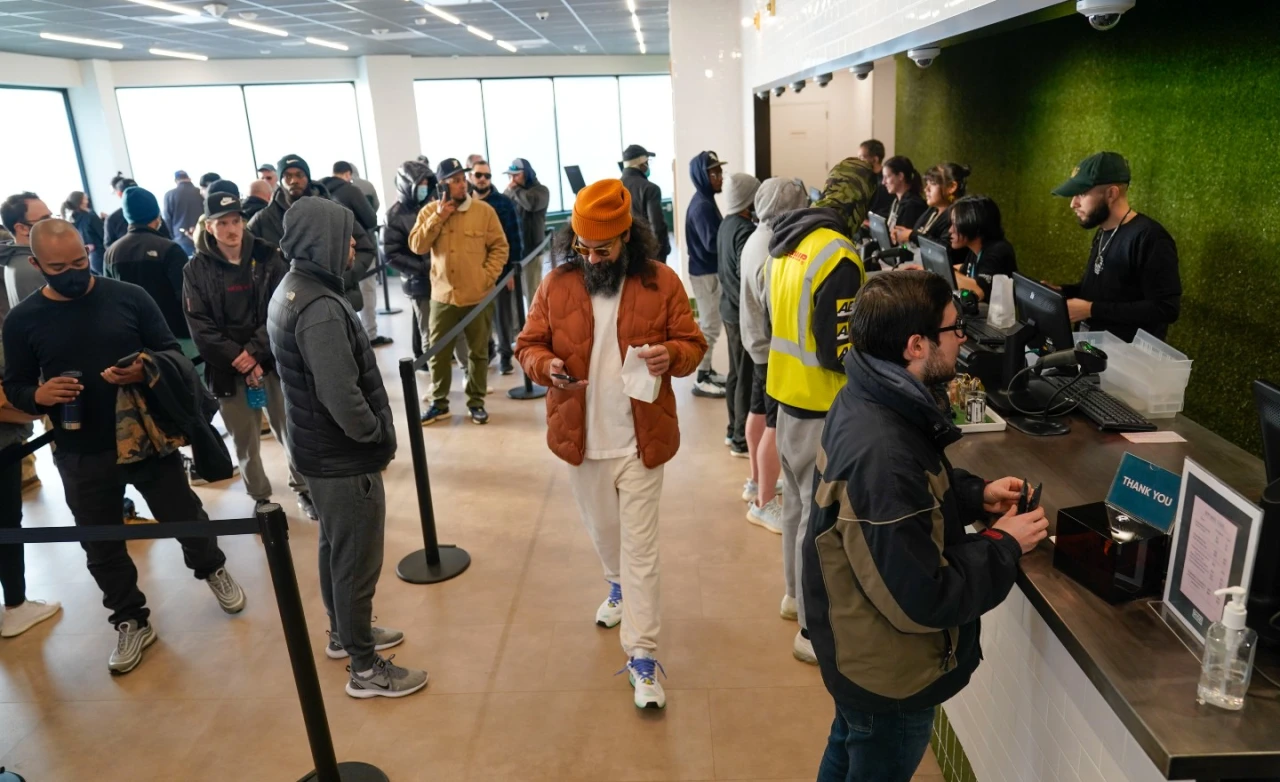
Thursday April 21, 2022 marks the first day that recreational cannabis can be sold to consumers in New Jersey. Doors opened at the first dispensaries at 6 AM, with lines wrapping around the block.
“It’s a huge event. It’s a moment in time in American history where prohibition 2.0 is lifted,” said Ben Kovler, the chairman and CEO of Green Thumb Industries, which has two facilities opening Thursday, one in Bloomfield and another in Paterson.
However the industry isn’t fully taking off just yet. Just over a dozen “alternative care providers” in the state that were already providing medical cannabis to patients were given permission to sell adult-use cannabis on opening day.
It is still unclear when the hundreds of other cannabis business applicants will get their licenses and be allowed to open their doors, but it will likely start with social equity applicants first.
State regulators say dispensaries in New Jersey are allowed to sell up to the equivalent of 1 ounce of cannabis, which means an ounce of dried flower, or 5 grams of concentrate or 1,000 milligrams of edibles, like gummies. However perishable edibles like cookies and brownies will not be available.
Recreational cannabis sales will still apply the state 6.625% sales tax, with 70% of the proceeds going to areas disproportionately affected by marijuana-related arrests.
New Jersey is the first among several neighboring states to launch recreational cannabis sales. New York legalized cannabis in 2020 but has yet to implement a recreational market. Pennsylvania has a successful medical cannabis industry, with advocates and even legislators pushing for full legalization this year. Connecticut also legalized cannabis but has yet to implement any marketplace for consumers.

